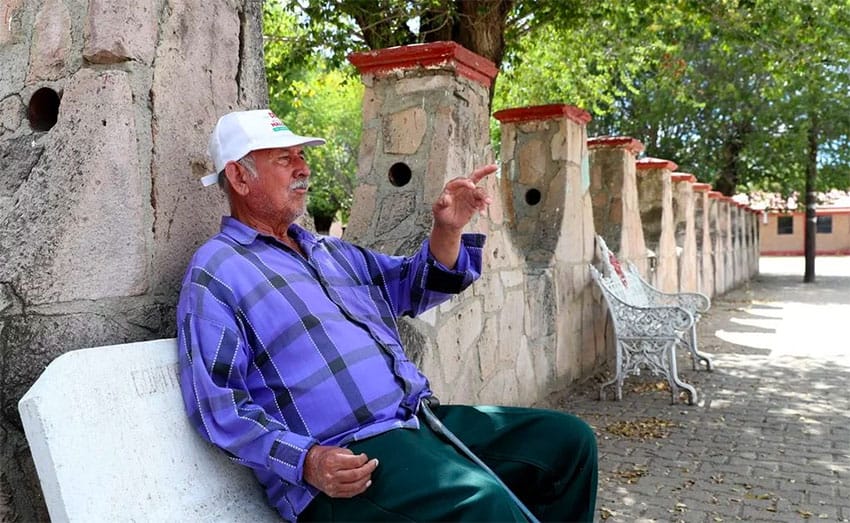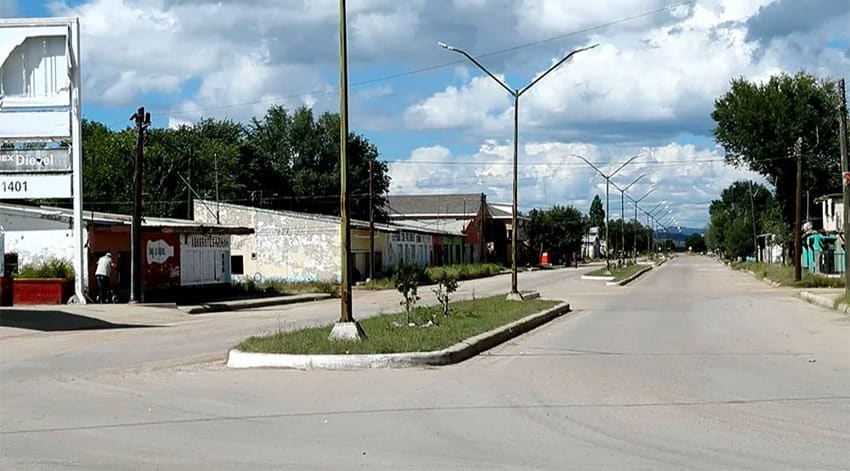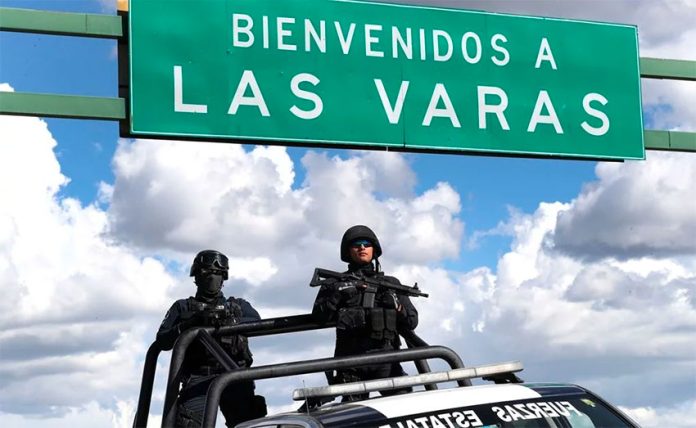Violence by organized crime has turned two communities in Chihuahua into veritable ghost towns.
Confrontations between the Sinaloa and Juárez cartels have driven out entire families from the towns of Nicolás Bravo and Las Varas in the municipality of Madera.
“Go look and you’ll see, there’s no one in the streets,” Nicolás Bravo resident Abisail Bojórquez Solano told the newspaper El Universal.
Sitting alone on a bench across the street from the abandoned police station, Bojórquez told reporters that the violence has driven out most people from the town, and that those who remain live in fear.
“Some they chase out, some they kidnap. They burn people’s houses down and say ‘Get out.’ The ones they don’t want they take and disappear them,” he said.

Narcotraffickers have driven out the town’s mayor and town council members. There is no longer a local police force, and state police only carry out random surveillance.
Nicolás Bravo is an example of what federal security official Leonel Cota Montaño spoke of when he warned in October that the country’s municipalities are defenseless against organized crime.
Bojórquez said that cartel members drive around town in pickup trucks dressed as soldiers and carrying military-grade weapons.
“The truth is [that we’re afraid]. Before it gets dark, everyone is already in their houses, at six, seven in the evening,” he said, adding that he sees no solution to the problem and doesn’t believe peace will come back to Nicolás Bravo.
The same situation can be found in the nearby community of Las Varas, where the scars of a raid on the state police barracks on June 24, 2018 are still visible. The attack left two officers dead, a patrol car burned and the barracks completely destroyed.
The pervasive nature of violence in the area was made apparent by a statement by one Las Varas resident who preferred to remain anonymous.

“Oh yes, very scary. I was cutting hair and we heard a helicopter . . . and shortly after we heard shots, but we didn’t think it would be much,” she said.
However, once the fighting intensified, she knew it was more serious than she had thought.
“A bit later it became more intense. It got real bad, the fighting was really loud, and the children were really scared. We will never forget that day.”
Days later, a confrontation between members of the La Línea and Nueva Gente cartels at the edge of town lasted 10 hours and killed 20 gang members from both sides.
Investigators found evidence of the use of assault weapons, hand grenades and .50-caliber rifles.
For many families, it was the last straw. They abandoned their homes and fled.
“We are never calm, there is never peace. We always live with fear, we can’t shake off the fear. It’s something that sticks with you, I think,” said the Las Varas resident.
Source: El Universal (sp)
